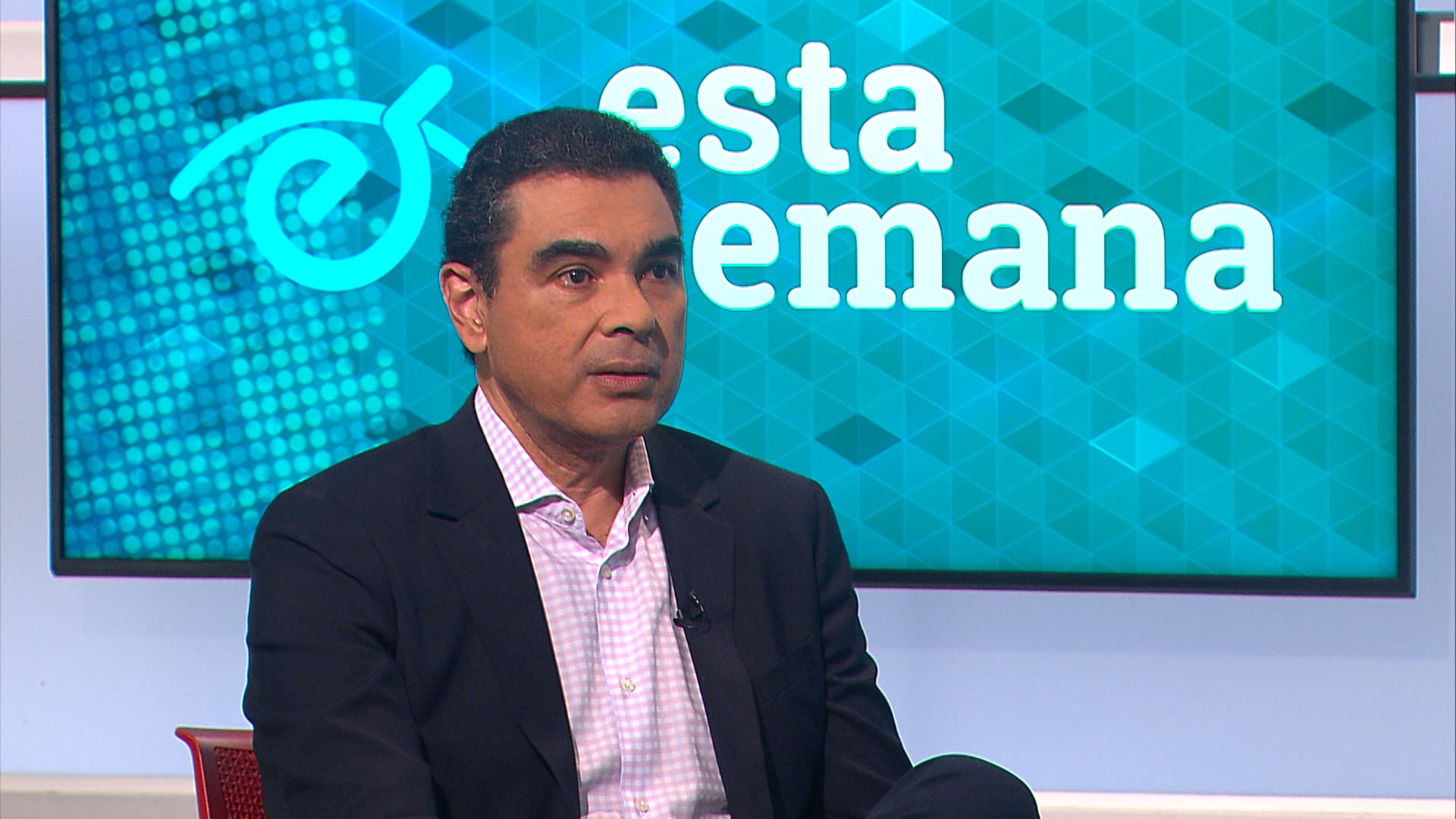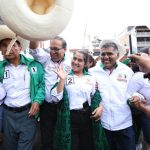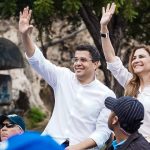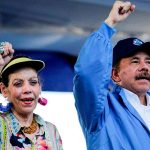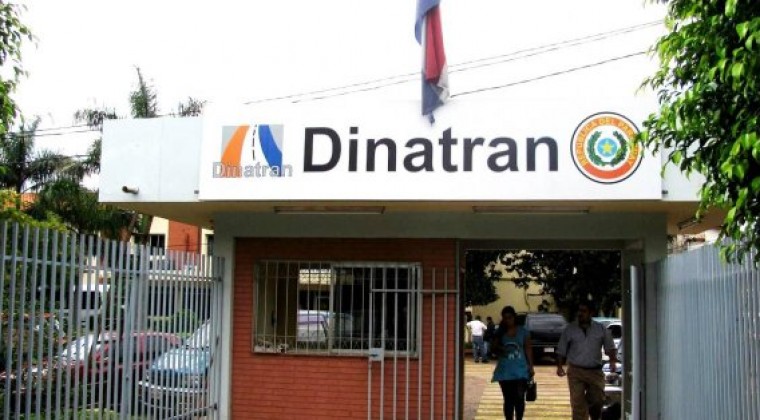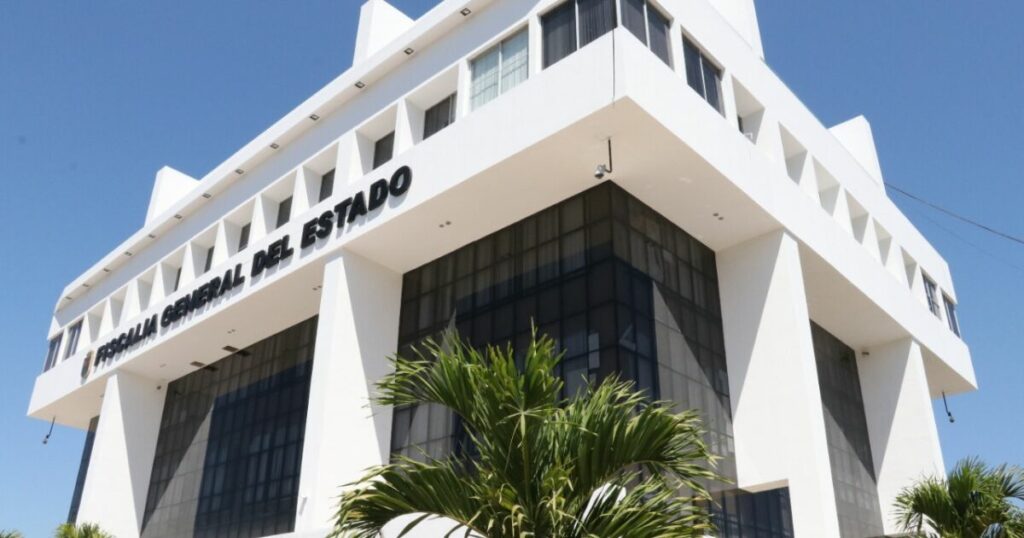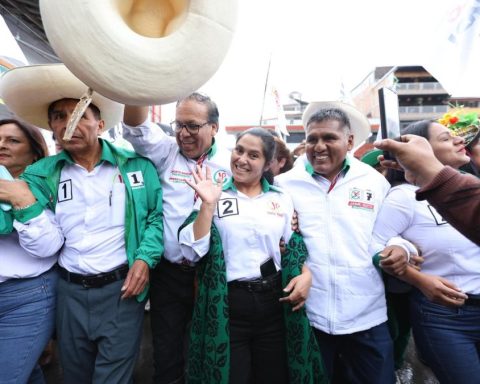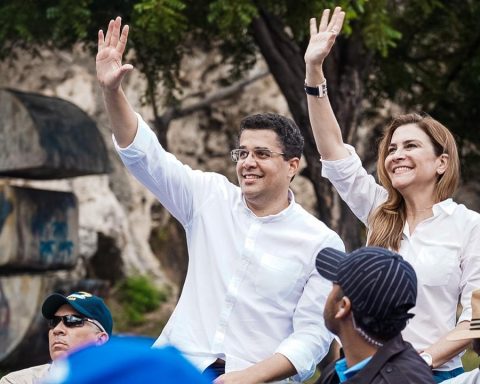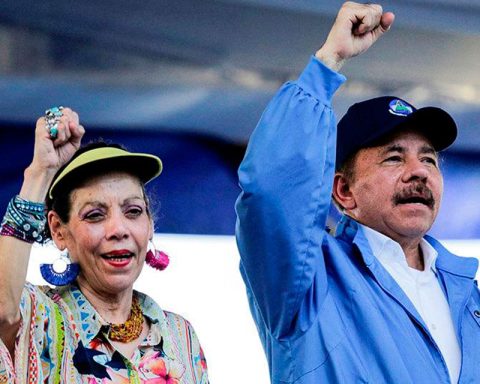The unanimous approval of a resolution by all the OAS countries (except Nicaragua and Venezuela, which was not present at the Assembly of Foreign Ministers) condemning the repression in Nicaragua and demanding the release of political prisoners and the restitution of democracy, represents a change in the political balance of the continent, considers the political scientist Manuel Orozco, of the Inter-American Dialogue.
In an interview with This week Orozco stressed that the creation of a High-Level Commission to seek a solution to the crisis in Nicaragua, with autonomy from the OAS Secretary General Luis Almagro, will have a greater scope of action over international financial organizations and bilateral sanctions against the dictatorship. Ortega Murillo.
However, he warned that the mandate of this Commission does not contemplate promoting “the use of force”, but to seek a mediation that allows a political solution to the crisis and impunity in Nicaragua.
The resolution of the assembly of foreign ministers of the OAS condemning the repression in Nicaragua was approved unanimously, with the 32 countries that were present, there were no votes against and no abstentions, what does this mean in political terms?
The countries of the entire American continent are clear that the magnitude of the repression in Nicaragua is too exaggerated and with a lot of impunity and what the States can do, at least, is continue to emphasize that they are aware of what is happening and organize through this High Level Commission (which the foreign ministers agreed). The other thing, which is important, is that they are also clear that they have to do more than condemn and at least 10 to 15 countries are working directly to implement their own measures at the bilateral level, without eliminating the option of dialogue and mediation by the countries or by the inter-American system itself.
You met with some of the foreign ministers who promoted this resolution. Who are the governments that are currently leading this demand for the restitution of democracy in Nicaragua on the continent?
At least 25 countries are involved in this lawsuit, including Paraguay, Costa Rica, the United States, Canada. Chile has been a very active player, a pioneer, along with Canada. But there are also other countries in Central America, in the Caribbean such as the Dominican Republic, Jamaica, Trinidad and Tobago. In other words, it is a fairly large amount that is really clear that the political situation in Nicaragua must be resolved due to the consequences it has for Nicaraguans as well as for the entire region.
The governments that usually refrained from condemning the regime’s repression, that did not demand the release of political prisoners, alleging that this would be intervention in other matters, as is the case of Mexico, Bolivia and Argentina, supported this resolution and did not object to it. Does this mean a political change in the balance on the continent, or is it something circumstantial?
No, it is not circumstantial. These countries have already been expressing their position in relation to the situation in Nicaragua, there are levels of response, for example, Argentina has a more critical position than Mexico, however, Mexico wants to maintain the option and openness of promoting its country as a mediator against a chance for dialogue. So there is plenty of availability from these countries that have traditionally abstained.
There were two Central American countries, Honduras and El Salvador, which together with Saint Vincent and the Grenadines did not object or abstain from the resolution, but asked to put a footnote, why?
The case of Honduras is because instructions come from the Presidency, it is a matter of political loyalty to Daniel Ortega on the part of Mel (Manuel) Zelaya. They had to talk about non-intervention, non-interference, but Honduras has been questioned by public opinion and by the international community about the fact that they are not really consistent with their position. Honduran foreign policy is not clear, they simply have a policy of revenge against the secretary general (of the OAS), because he did not recognize that there was electoral fraud in the last election of Juan Orlando Hernández, among other things. So they are in that position and Nicaragua is paying for the dirty dishes of the OAS General Secretariat.
El Salvador is assuming a rather defensive position. President (Nayib) Bukele knows that there is international pressure, the eyes of the world are on him, to the extent that he continues to monopolize and concentrate power, and the world is afraid that Central America could become four Nicaraguas and they look El Salvador and Honduras as possible Nicaraguas on the list. So, the speech that Nayib Bukele gave at the United Nations was –give me the freedom to repress, leave me free to decide who I put in jail and who I don’t. I believe that this may have a solution in the short term because El Salvador also knows that it needs allies and I believe that Salvadoran public opinion is also rethinking Nayib Bukele’s policies.
The resolution calls for the creation of a High-Level Commission to seek a solution to the crisis in Nicaragua, but this was agreed upon by the OAS foreign ministers’ assembly in 2019 and was unsuccessful. Ortega closed the doors to the commission and now, three years later, he has become even more radicalized. What can be expected from this initiative when Ortega has closed the doors to all initiatives, including a recent one by Colombian President Gustavo Petro?
Colombia was clear that this resolution is incomplete, that they have the responsibility to do more and they confess that they have made the attempt and that the Government does not even return their calls. In relation to this resolution there is a big difference, this is a commission, not a mission. What was created in 2019 was a mission with the purpose of going to Nicaragua to meet with officials from the government of Daniel Ortega and at the same time with civil society and political parties in Nicaragua at that time.
Now the role of this commission is much broader, more discreet, in the sense that responsibility falls exclusively on the member states, it is separated from the General Secretariat for strategic reasons in the sense that there is a strong alienation with the general secretary and various member countries of the OAS. So, there is a broader scope that is granted to this commission that includes not only knocking on the door but also promoting mediation, making use of good offices, but also continuing to investigate, reporting to the countries on the situation in Nicaragua, but also promoting alternative or parallel measures to mediation.
I believe that this is one of the most important objectives at this time, because there is room for aspects related to international financial loans, the lack of accountability for these loans, as well as the complicity of some countries in this regard. and also how to apply sanctions within various countries, not only by the United States or Canada.
This high-level commission is going to work from outside the OAS, it is not subject to the activities of the Permanent Council, who is going to appoint it?
Yes, it is subject to the members of the OAS Permanent Council, it is not subject to the relationship with the Secretary General. So there is a big difference because it is the inter-American system, but independent of the administrative governance traditionally executed in the hands of the General Secretariat and that allows it to provide a more independent and autonomous scope of its relationship with Mr. (Luis) Almagro, who in this is currently in a critical situation.
That investigation that is being carried out at this time on the general secretary, they point out to him of violating the ethical norms of the organization by having intimate relations with a subordinate, as has just happened recently in the IDB where the president was dismissed. What effect can this investigation and a possible separation from Almagro have on the OAS, does it paralyze it, or does it affect in any way, for example, the way in which this commission and the crisis in Nicaragua will continue to be carried out?
It really generates a lot of noise, it was not an accident or a sudden situation that the news came out days before the General Assembly and practically weeks after what is happening at the IDB, although it is something that has been known practically since 2019. investigation has been going on for a long timethe content of this is unknown, the implications may lead to resignation, to a very strong reprimand from the secretary general, but in practical terms there is a political recomposition within the member states to negotiate some type of arrangement to maintain the activity of the OAS and independently or autonomously from its relationship with the Secretary General and that, perhaps, is seen strategically as an opportunity to rescue the OAS in exchange for some type of effect on the Secretary General.
Despite the scope of this new resolution that has been approved unanimously, in Nicaragua there is much skepticism about the impact that the OAS can have in restoring democratic freedoms under the Ortega police state and also achieving the release of political prisoners, How can the expectations of the population be weighted?
Nicaraguans are clear that the magnitude of the impunity that exists in Nicaragua is encyclopedic, that is, there is everything in terms of repression, and anything you do that is not an exaggeratedly drastic activity, well, it is not enough. However, Nicaraguans have to understand that what the world wants is to resolve the political crisis, in today’s world solutions to problems are not made by force but are made through cooperation, negotiation and mediation, and, Third, what the Ortega regime is doing is provoking the world to use aggressive methods against the regime. They have brought the country to a situation where the proportional response they hope to have is the use of force, and the world does not want to do that and is not going to do it.
So, the member states say, we have this dilemma, we cannot act in a violent way but we need to resolve the situation of the Nicaraguans. And here comes a series of waves of measures that are going to be carried out, of economic pressure, diplomatic pressure and that are also going to affect the internal base of the regime because, as many know, the level of weakness that exists in the regime It manifests itself with the dissidence that continues to grow and there are going to be signs.
What this regime is obviously trying to do is enter another wave of repression, increase the level of impunity within its base, and so the international community is trying to identify solutions within that context, but Nicaraguans have to know that the world What he wants is to restore their confidence, and that the situation has to be resolved and that no one has forgotten them and especially no one has forgotten the political prisoners.
